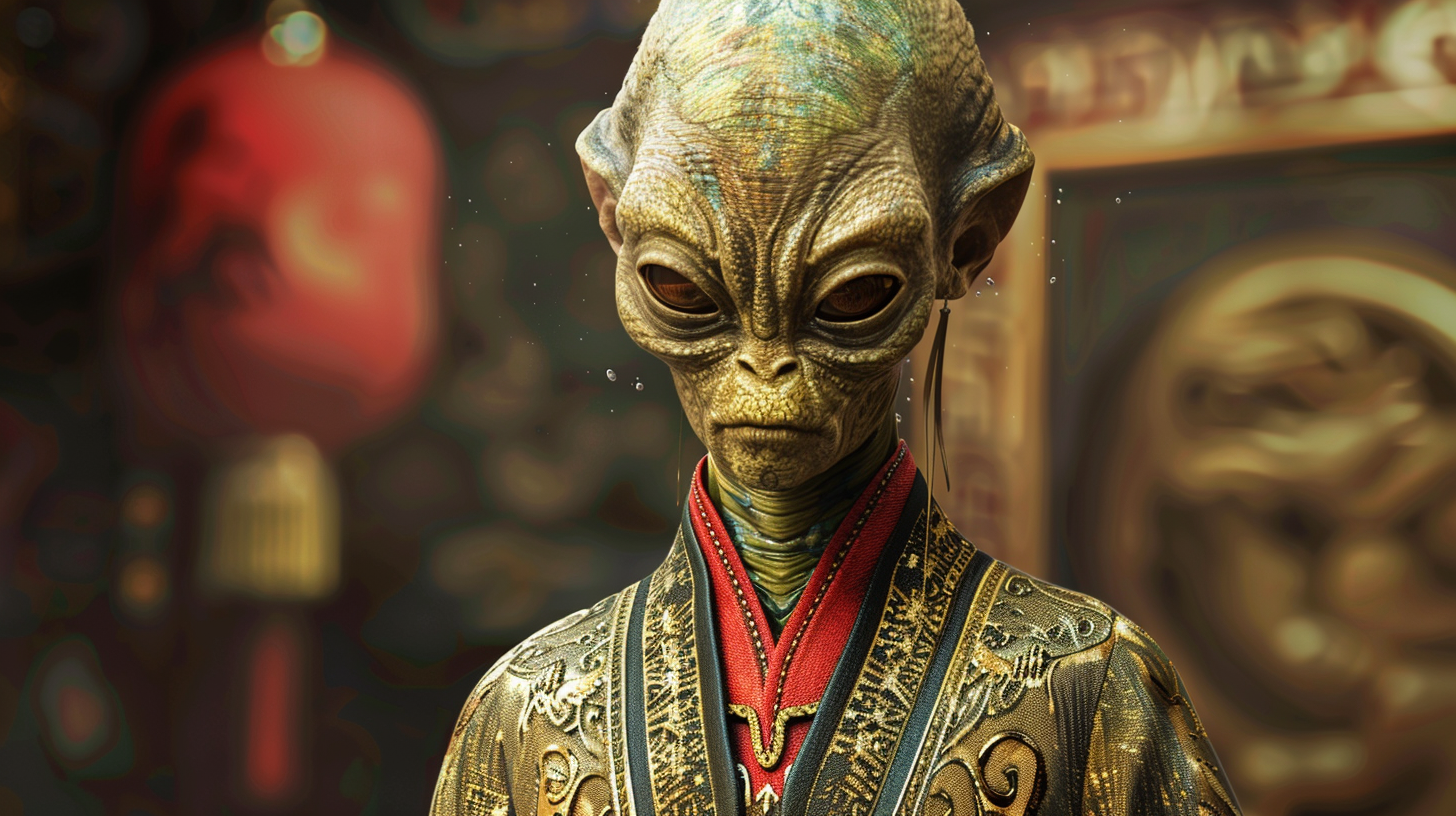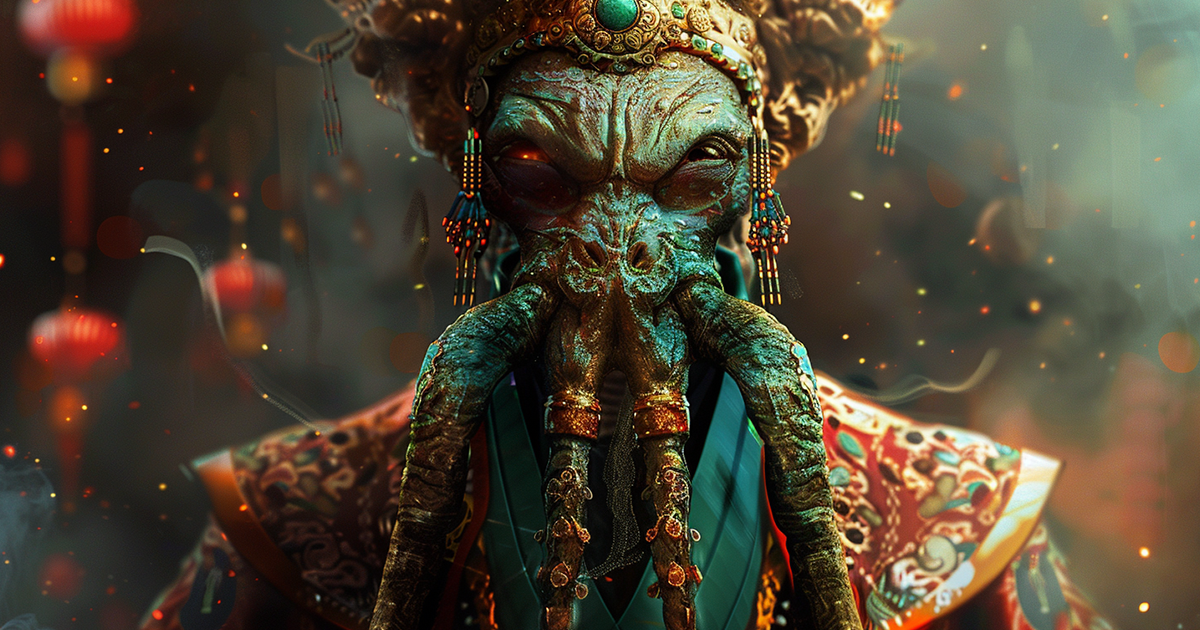Throughout history, captivating legends of legendary rulers have fascinated cultures across the globe, creating a rich tapestry of captivating stories. From Emperor Jimmu in Japan to the Maya kings in Central America and the Yellow Emperor of China, these enigmatic figures are surrounded by myths and intrigue. But what lies beneath the surface of these compelling tales?
Embark on a journey through the annals of time as we uncover the enigmatic origins of these ancient leaders, overlooking the sensationalism often attached to their narratives.
The legendary Emperor Jimmu, the first ruler of Japan’s Imperial line, traced his lineage back to the sun goddess Amaterasu. According to legend, he brought together conflicting factions to establish Japan as a unified nation. Beyond his divine ancestry, what factors influenced his rule? Some theories propose that the artifacts he possessed – a mirror, a jewel, and a sword – held practical significance beyond their symbolic value. Could these items have served as advanced tools aiding Jimmu in his governance?

In the heart of Central America, the Maya civilization left behind impressive structures and intricate hieroglyphs. The Hieroglyphic Stairway at Copan stands as a testament to their sophisticated writing system. Deciphering these glyphs revealed not only historical records but also the divine lineage of Maya rulers. Were these leaders truly descendants of gods, or did they craft a narrative to validate their authority?
Shifting our focus to China, we encounter the Yellow Emperor, known for shaping Chinese culture. Venerated as a cultural icon, he was believed to have descended from celestial realms to share wisdom and enlightenment. The tales of his celestial origins urge us to contemplate – could the Yellow Emperor’s departure from mortal life hold deeper meaning beyond mere folklore?
Exploring these narratives unveils the intricate blend of myth and reality. While ancient societies attributed divine lineage to their rulers, modern interpretations offer new perspectives. Were these rulers innovative pioneers with access to profound knowledge, or were their experiences misinterpreted occurrences perceived as divine interventions?
By reenvisioning these age-old tales, we bridge the gap between mythology and contemporary understanding. Instead of sensationalizing stories of gods and supernatural entities, we delve into the human element, striving to reveal the truths concealed beneath the myths.
Contemplating the mysterious legacies of ancient rulers encourages reflection on the essence of history itself – a intricate tapestry interwoven with strands of myth, enigma, and humanity’s enduring pursuit of significance.
